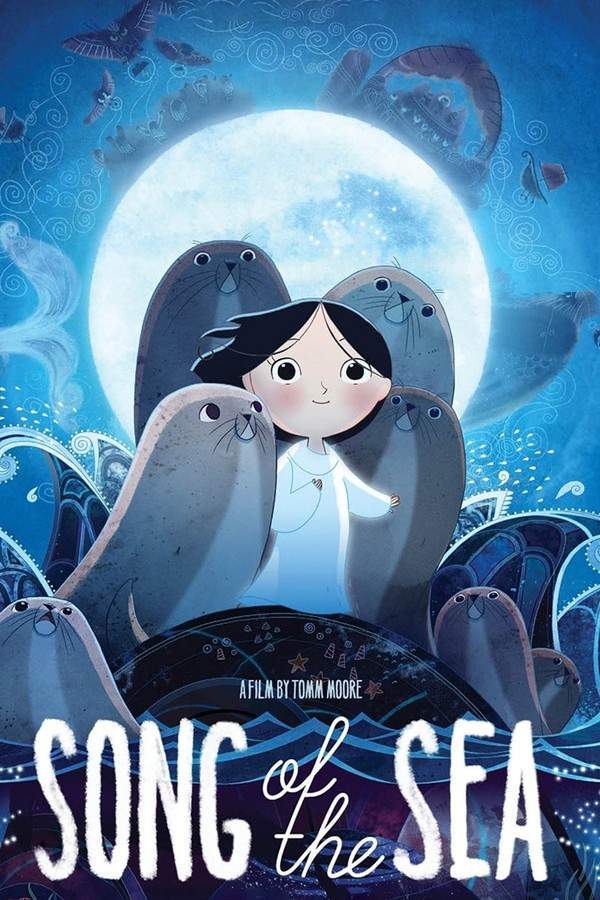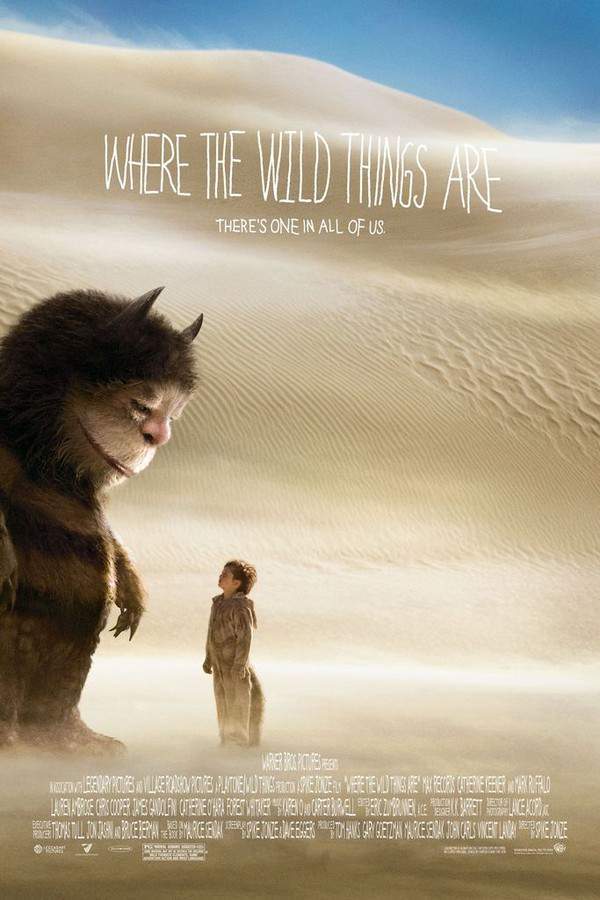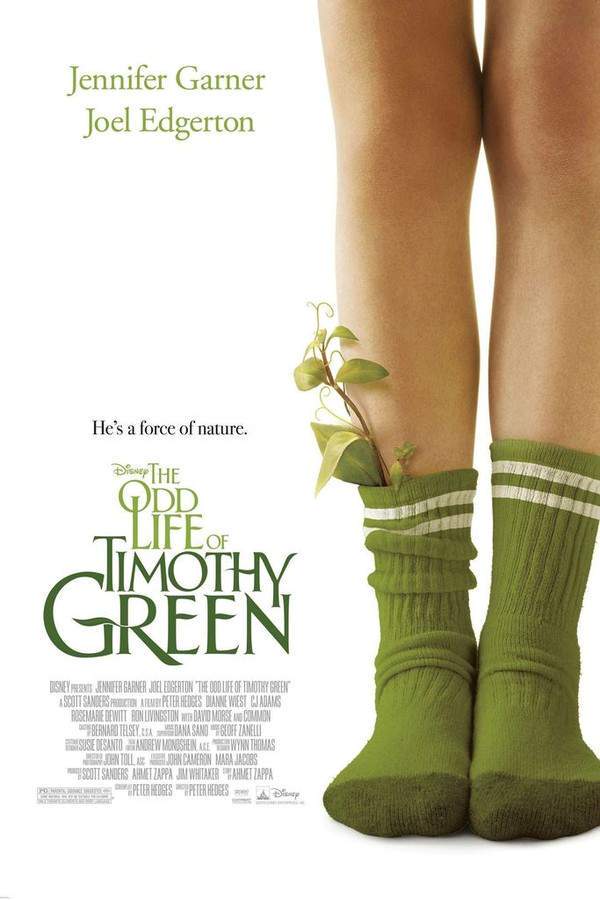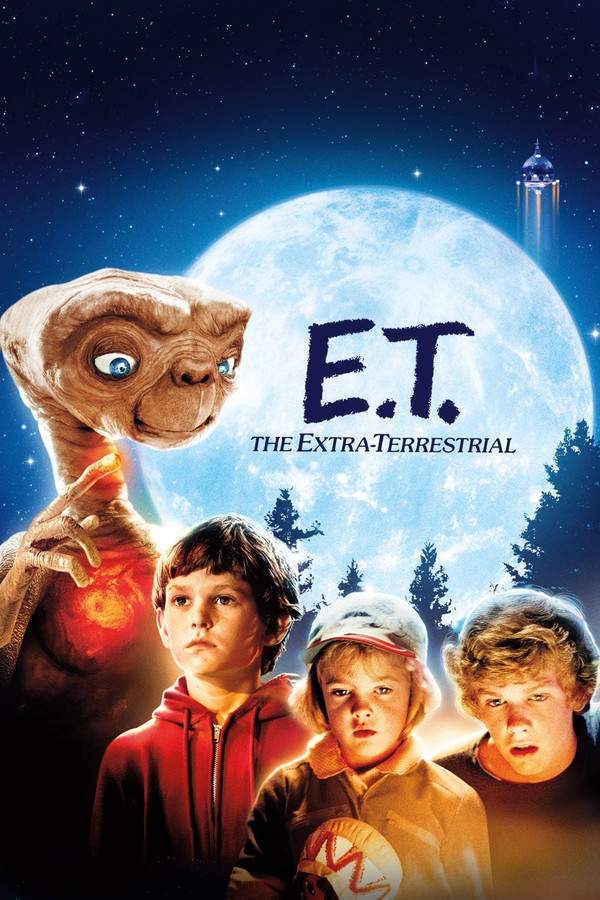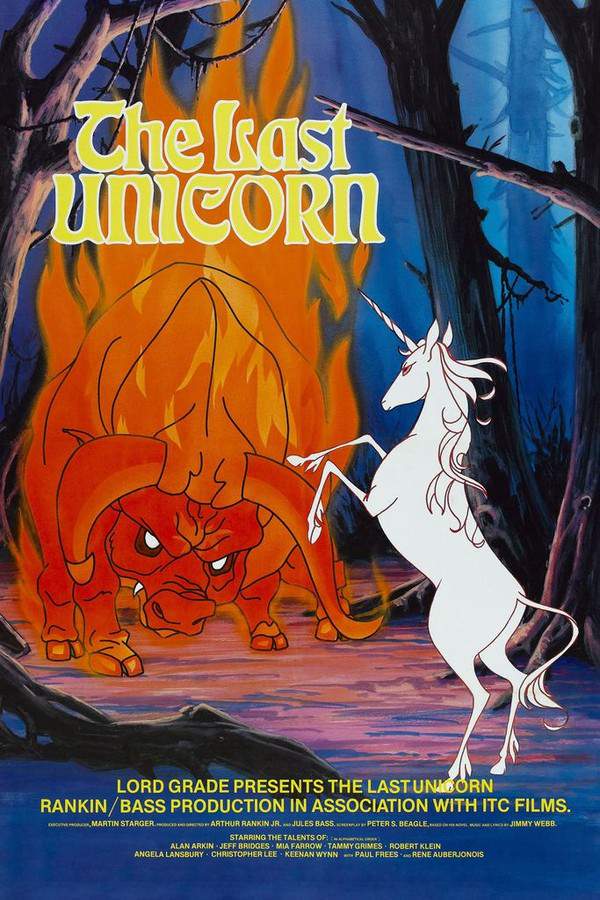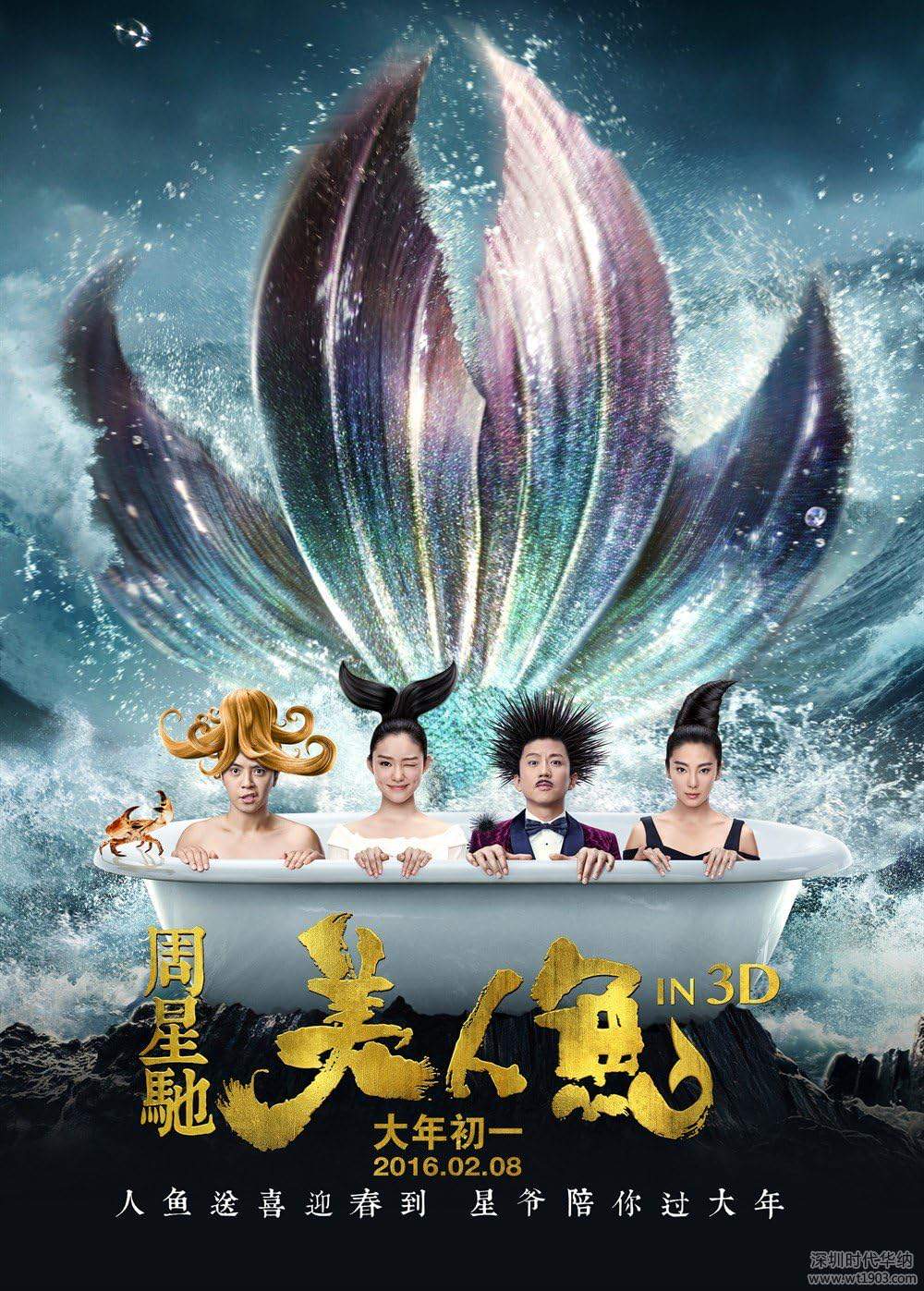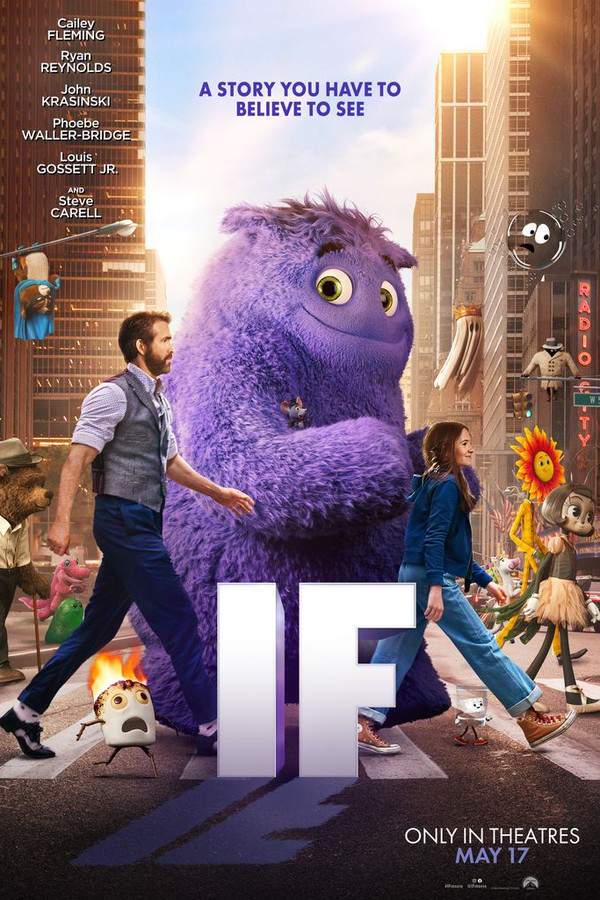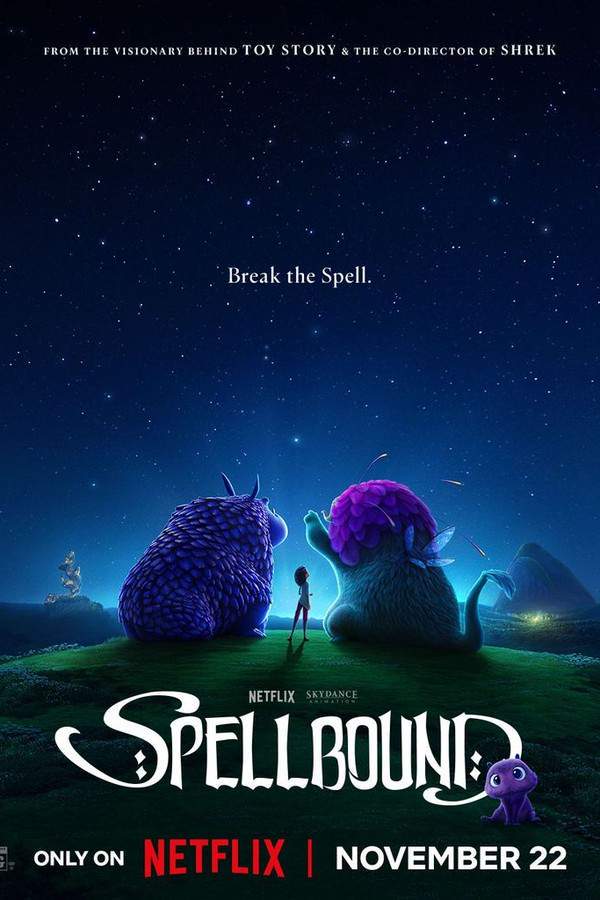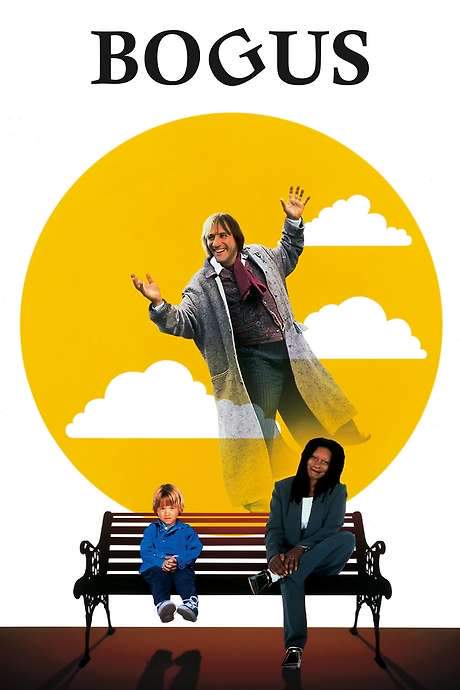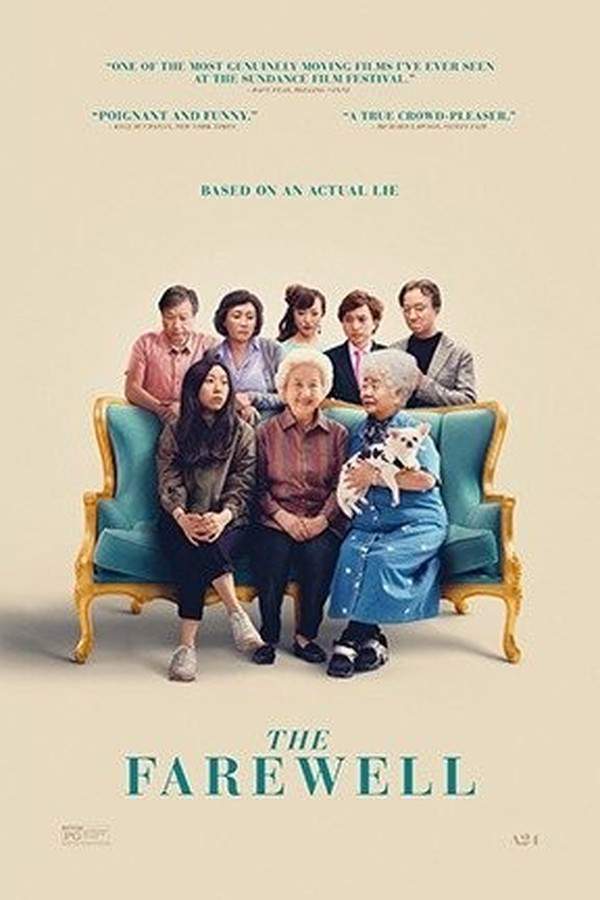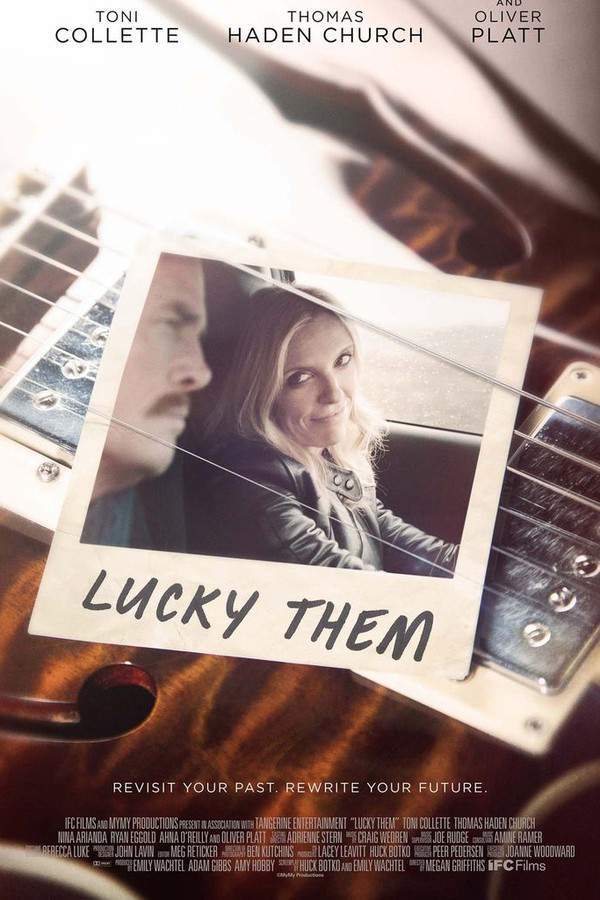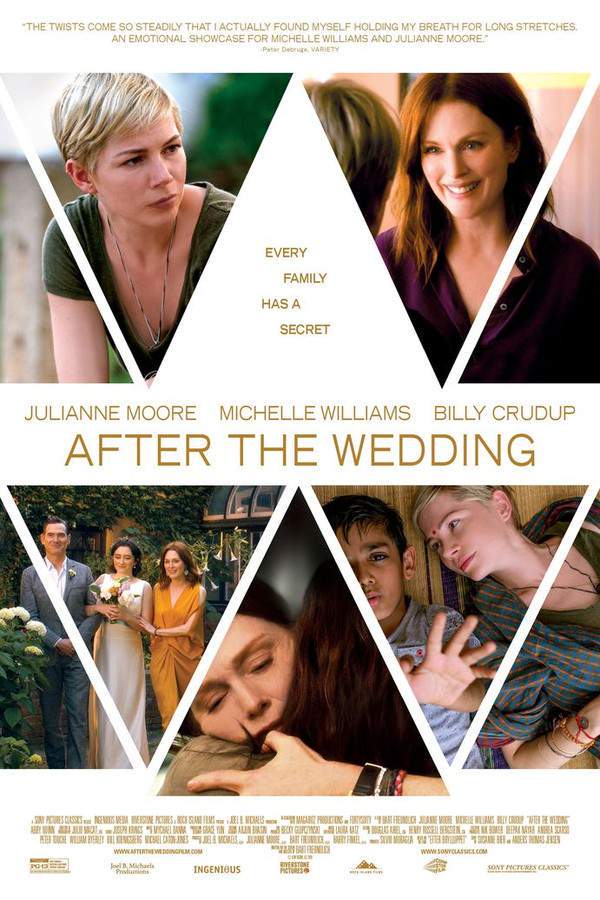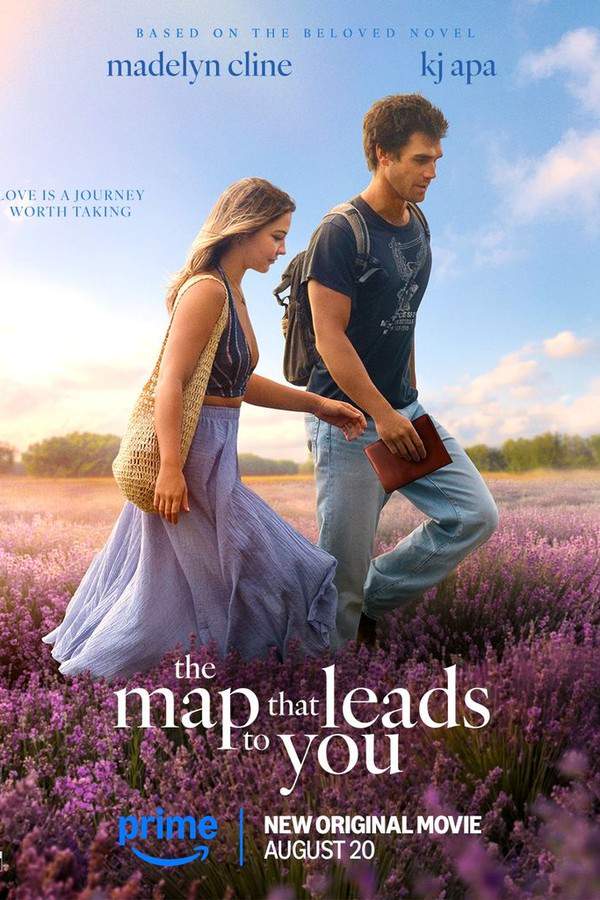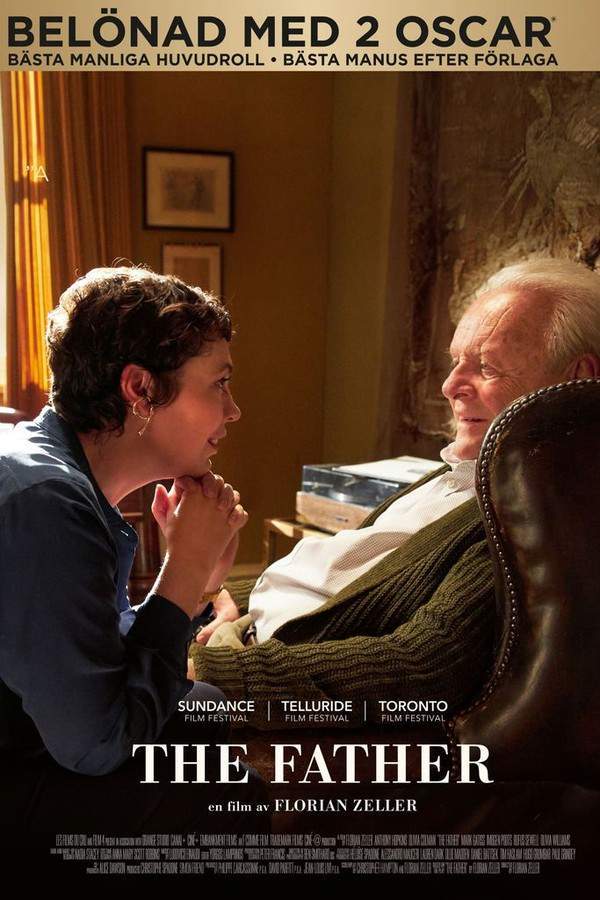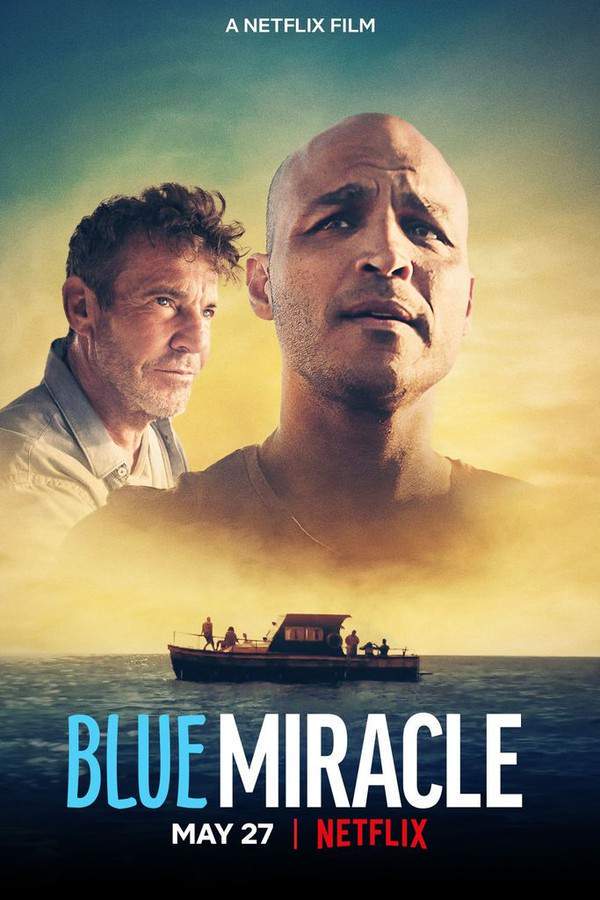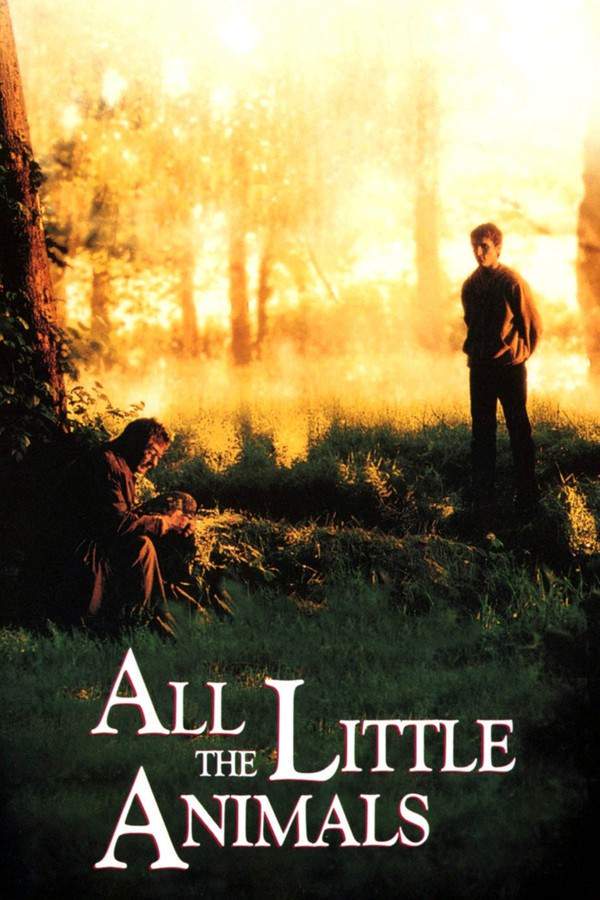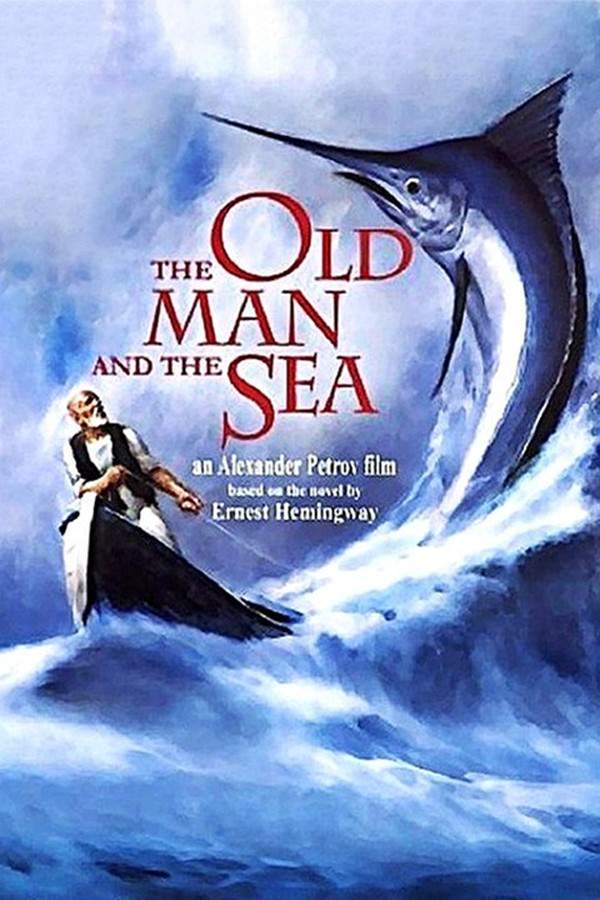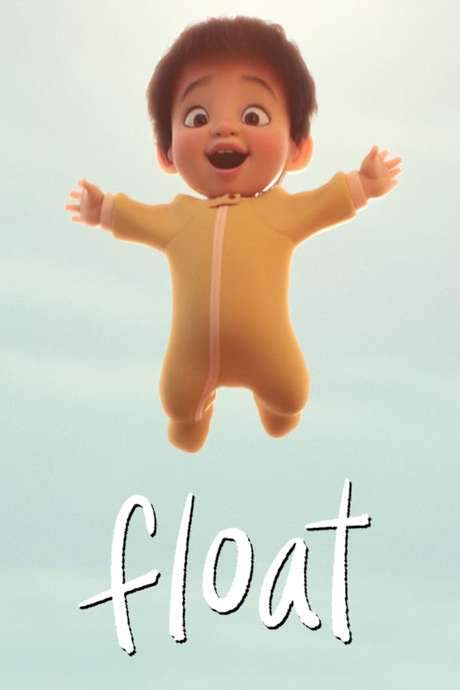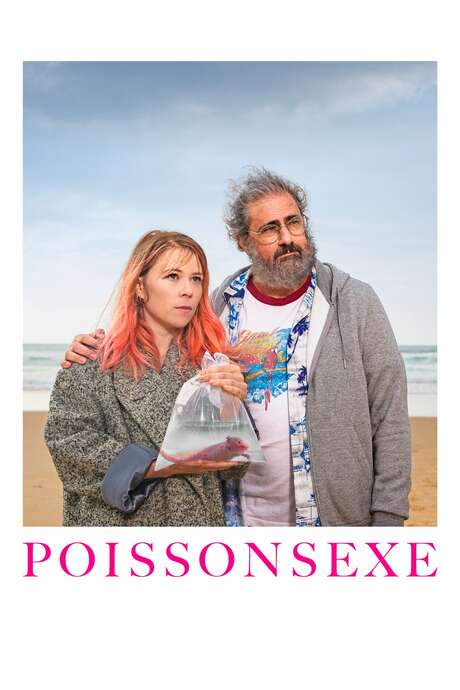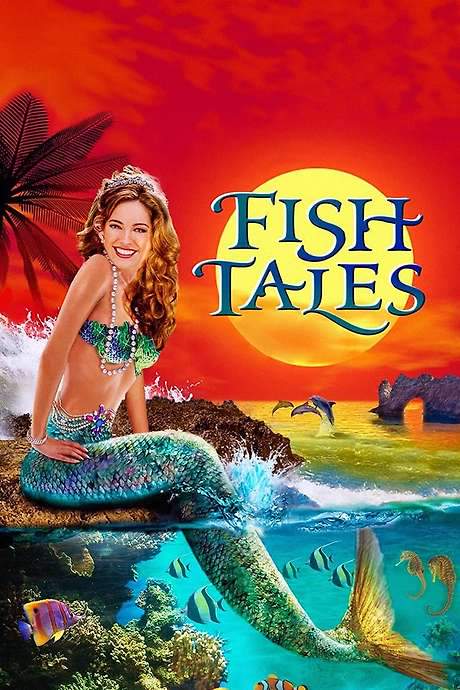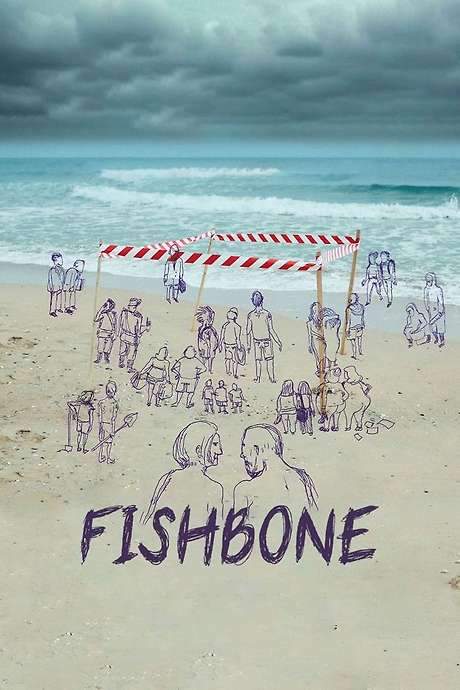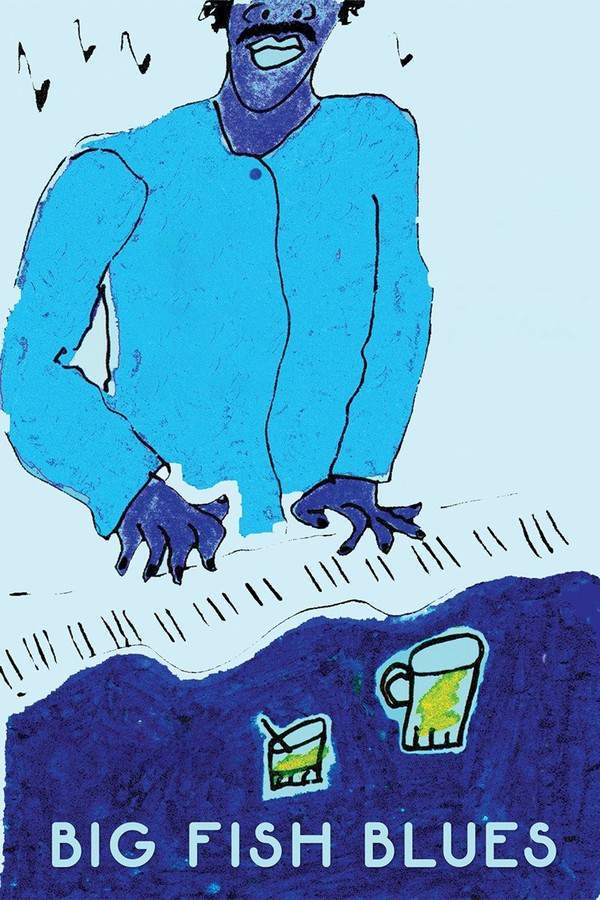
Big Fish
Year: 2003
Runtime: 125 min
Language: English
Director: Tim Burton
Budget: $70M
A young man seeks to reconcile with his dying father by piecing together the elaborate and fantastical stories he has told throughout his life. As he listens, he discovers a rich tapestry of extraordinary adventures, encounters with mythical creatures, and heartfelt relationships, blurring the line between truth and imagination. Ultimately, he must decide how much of his father’s stories are real and what they truly reveal about the man himself.
Warning: spoilers below!
Haven’t seen Big Fish yet? This summary contains major spoilers. Bookmark the page, watch the movie, and come back for the full breakdown. If you're ready, scroll on and relive the story!
Timeline & Setting – Big Fish (2003)
Explore the full timeline and setting of Big Fish (2003). Follow every major event in chronological order and see how the environment shapes the story, characters, and dramatic tension.
Last Updated: October 22, 2024 at 20:09
Main Characters – Big Fish (2003)
Meet the key characters of Big Fish (2003), with detailed profiles, motivations, and roles in the plot. Understand their emotional journeys and what they reveal about the film’s deeper themes.
Last Updated: October 22, 2024 at 20:09
Major Themes – Big Fish (2003)
Explore the central themes of Big Fish (2003), from psychological, social, and emotional dimensions to philosophical messages. Understand what the film is really saying beneath the surface.
Last Updated: October 22, 2024 at 20:09
Explore Movie Threads
Discover curated groups of movies connected by mood, themes, and story style. Browse collections built around emotion, atmosphere, and narrative focus to easily find films that match what you feel like watching right now.
Movies with Emotional Storytelling like Big Fish
Where extraordinary stories reveal deeper human truths and shape connections.Discover movies like Big Fish where storytelling and personal narratives blur the line between fact and fiction. If you love films about memory, legacy, and the emotional truths found within tall tales, this collection of heartfelt and imaginative dramas is for you.
Narrative Summary
These stories often weave between a grounded present and a heightened, fantastical past, using anecdotes and recollections to piece together a character's life and relationships. The narrative drive comes from characters reconciling the stories they've been told with the reality they perceive.
Why These Movies?
They share a focus on how stories define us, blending whimsical or magical elements with poignant emotional cores. The tone balances wonder with reflection, creating a unique mix of entertainment and heartfelt depth.
Bittersweet Life Stories like Big Fish
Heartfelt stories that celebrate a life while navigating its poignant end.If you were moved by the bittersweet celebration of life in Big Fish, explore similar films about legacy, reconciliation, and saying goodbye. These heartfelt dramas honor their characters with a mix of melancholy and warmth, perfect for viewers seeking emotionally resonant stories.
Narrative Summary
The plot is often framed by a character's impending death, triggering a journey of rediscovery for those left behind. Through flashbacks and shared memories, the film builds a rich portrait of a life, leading to a final, emotionally satisfying reconciliation or understanding.
Why These Movies?
They are united by a specific emotional tone: a blend of melancholic reflection and heartwarming celebration. The pacing is steady, allowing the emotional weight to build naturally towards a conclusion that acknowledges sadness but ultimately emphasizes love, peace, and continuity.
Unlock the Full Story of Big Fish
Don't stop at just watching — explore Big Fish in full detail. From the complete plot summary and scene-by-scene timeline to character breakdowns, thematic analysis, and a deep dive into the ending — every page helps you truly understand what Big Fish is all about. Plus, discover what's next after the movie.
Big Fish Summary
Read a complete plot summary of Big Fish, including all key story points, character arcs, and turning points. This in-depth recap is ideal for understanding the narrative structure or reviewing what happened in the movie.

Big Fish Timeline
Track the full timeline of Big Fish with every major event arranged chronologically. Perfect for decoding non-linear storytelling, flashbacks, or parallel narratives with a clear scene-by-scene breakdown.

Big Fish Spoiler-Free Summary
Get a quick, spoiler-free overview of Big Fish that covers the main plot points and key details without revealing any major twists or spoilers. Perfect for those who want to know what to expect before diving in.

More About Big Fish
Visit What's After the Movie to explore more about Big Fish: box office results, cast and crew info, production details, post-credit scenes, and external links — all in one place for movie fans and researchers.

Similar Movies to Big Fish
Discover movies like Big Fish that share similar genres, themes, and storytelling elements. Whether you’re drawn to the atmosphere, character arcs, or plot structure, these curated recommendations will help you explore more films you’ll love.
Explore More About Movie Big Fish
Big Fish (2003) Plot Summary & Movie Recap
Big Fish (2003) Scene-by-Scene Movie Timeline
Big Fish (2003) Spoiler-Free Summary & Key Flow
Movies Like Big Fish – Similar Titles You’ll Enjoy
The Father (2021) Full Summary & Key Details
Blue Miracle (2021) Full Summary & Key Details
All the Little Animals (1999) Story Summary & Characters
Big (1988) Detailed Story Recap
The Old Man and the Sea (1958) Story Summary & Characters
Float (2019) Film Overview & Timeline
Fishlove (2019) Story Summary & Characters
Fishtales (2007) Full Summary & Key Details
Fishbone (2021) Movie Recap & Themes
Father & Son (2022) Full Summary & Key Details
Blue Fin (1978) Film Overview & Timeline
The Tale of the Fisherman and the Goldfish (1950) Full Movie Breakdown
Miracle Fish (2009) Ending Explained & Film Insights
The Fisherman’s Son (1939) Story Summary & Characters
A Boat in the Garden (2024) Film Overview & Timeline

